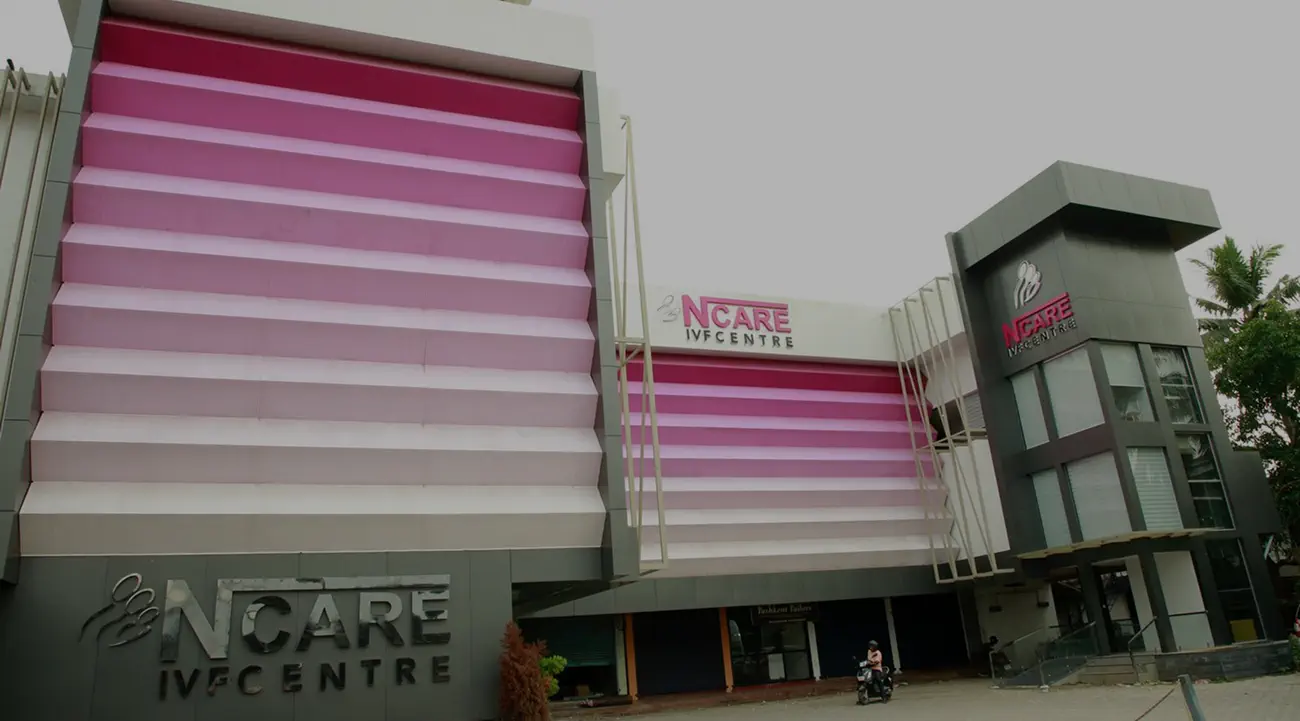What is it?
This test combines a blood test (PAPP-A, free beta hCG) with a nuchal translucency scan between 11 and 13+6 weeks.
What does it screen for?
Risk of Trisomy 21, 18, and 13. Enhanced FTS may include additional ultrasound markers such as nasal bone, ductus venosus flow, and tricuspid regurgitation for improved accuracy.
How accurate is it?
Up to 90–95% detection rate when combined with ultrasound markers.




 Internationally guided protocols
Internationally guided protocols Advanced ultrasound and genetic technologies
Advanced ultrasound and genetic technologies Experienced maternal-fetal specialists
Experienced maternal-fetal specialists Personalized counseling and support throughout your journey
Personalized counseling and support throughout your journey